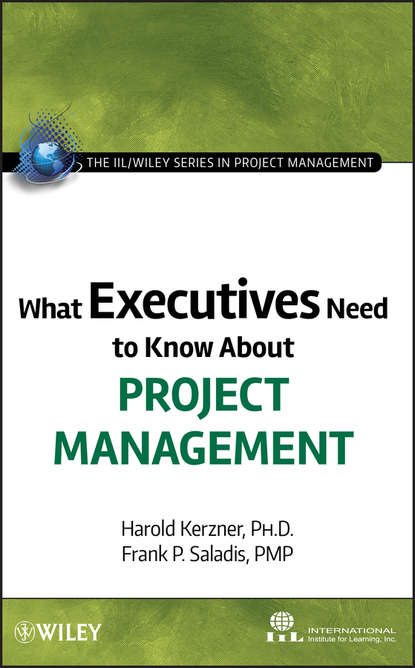- бизнес-книги
- детские книги
- дом, дача
- зарубежная литература
-
знания и навыки
- изучение языков
- компьютерная литература
- научно-популярная литература
- словари, справочники
-
учебная и научная литература
- безопасность жизнедеятельности
- военное дело
- гуманитарные и общественные науки
- естественные науки
- задачники
- монографии
- научные труды
- практикумы
- прочая образовательная литература
- сельское и лесное хозяйство
-
технические науки
- высокие технологии
- горное дело
- информатика и вычислительная техника
- конструкции
- легкая промышленность
- материаловедение
- машиностроение
- нормативная документация
- общетехнические дисциплины
- основы производства
- пищевая промышленность
- приборостроение
- проектирование
- промышленность
- радиоэлектроника
- строительство
- техническая литература
- технологии металлов
- транспорт
- химическая технология
- эксплуатация промышленного оборудования
- энергетика
- учебники и пособия для вузов
- учебники и пособия для ссузов
- учебно-методические пособия
- история
- комиксы и манга
- легкое чтение
- психология, мотивация
- публицистика и периодические издания
- родителям
- серьезное чтение
- спорт, здоровье, красота
- хобби, досуг
Harold Kerzner, Ph.D. — What Executives Need to Know About Project Management

Понравилась книга? Поделись в соцсетях:
Автор: Harold Kerzner, Ph.D.
Издатель: John Wiley & Sons Limited
ISBN: 9780470545690
Описание: As project management has evolved and matured, so has the executive's role in project management. To ensure the success of individual projects and the organization as a whole, today's executives are increasingly involved in activities such as capacity planning, portfolio management, prioritization, and strategic planning specifically for project management. In fact, more and more executives are becoming certified Project Management Professionals (PMPs). What Executives Need to Know About Project Management offers executives a guide to project management, focusing on what they need to know and what they need to do. It provides step-by-step guidance to help executives get effective, well-resourced project management teams in place and ensure the success of any individual project. The book begins with basic principles, including a detailed discussion of the three best practices that enable executives to ensure effective project management: Developing an environment where project management is viewed as a profession Securing key personnel for project management positions Creating opportunities for rewards and advancement through successful project management Next, the book explores how executives serve as executive sponsors in project management teams, setting forth solutions to the many problems and challenges they face in this role, including managing disagreements, delegating authority, and accelerating projects. The authors explain how the role of the executive sponsor changes depending upon the life-cycle phase of the project. For example, during the project initiation and planning phases, the sponsor may take on a very active role, ensuring that proper objectives are established and that the project plan satisfies the needs of the business as well as the needs of the client. During the execution phase, the sponsor may take on a less active role; however, the book shows how executive sponsors need to become involved when roadblocks appear, crises occur, and conflicts arise over priorities among projects. Throughout the book, helpful illustrations clarify complex concepts and processes.